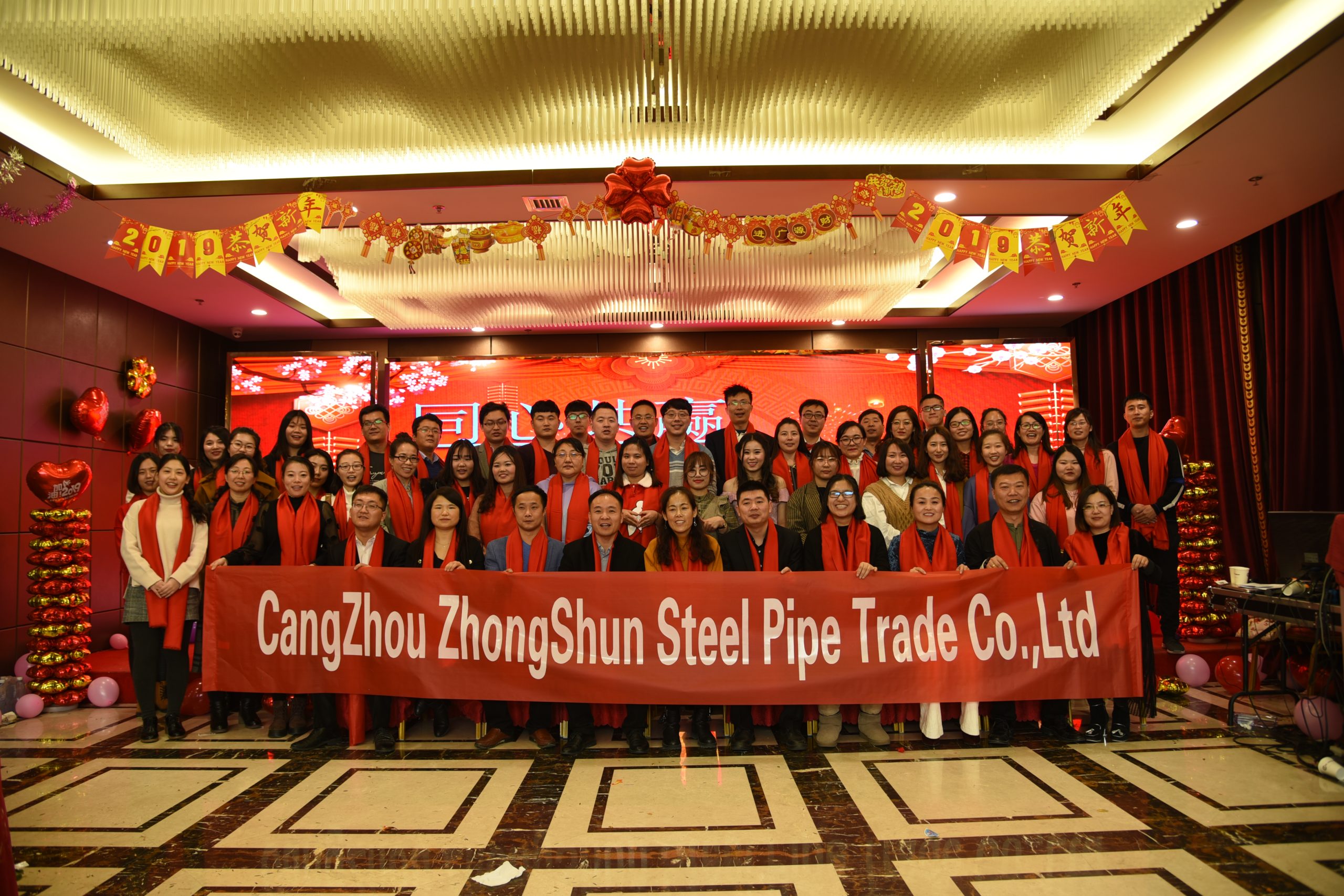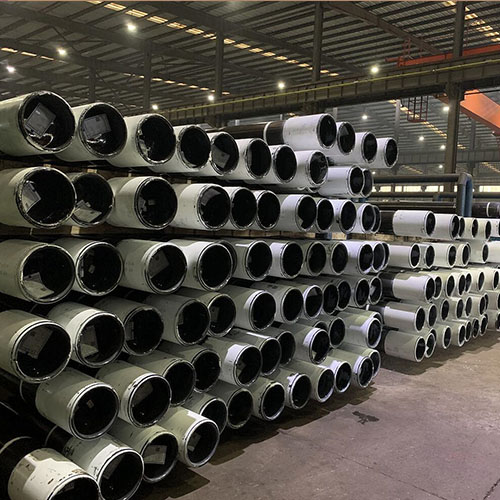Table of Contents
Sujet de blog sur les produits en aluminium
En plus des Plaques d’aluminium, les extrusions et profilés d’aluminium sont largement utilisés dans l’industrie de la construction pour la charpente, les murs-rideaux et les éléments architecturaux. Les extrusions d’aluminium offrent une flexibilité de conception, une durabilité et une efficacité énergétique, ce qui en fait un choix populaire pour les projets de construction modernes. Ces profils peuvent être personnalisés dans différentes formes et tailles pour répondre à des exigences de conception spécifiques, offrant ainsi aux architectes et aux designers des possibilités infinies d’expression créative.
Les fenêtres en aluminium sont une autre application populaire des produits en aluminium en raison de leur durabilité, de leur efficacité énergétique et de leurs faibles besoins d’entretien. . Les fenêtres en aluminium offrent d’excellentes propriétés d’isolation thermique, contribuant ainsi à réduire les coûts énergétiques et à améliorer le confort intérieur. Ils sont également résistants à la corrosion et aux intempéries, ce qui les rend adaptés aux bâtiments résidentiels et commerciaux.
Enfin, le papier d’aluminium est un matériau polyvalent utilisé dans les applications d’emballage, d’isolation et de cuisson. Le papier d’aluminium offre d’excellentes propriétés de barrière contre l’humidité, la lumière et les bactéries, ce qui le rend idéal pour préserver la fraîcheur des aliments et prévenir la contamination. Il s’agit également d’une option rentable et respectueuse de l’environnement, car le papier d’aluminium peut être recyclé indéfiniment sans perdre sa qualité.
En conclusion, les produits en aluminium tels que les plaques et extrusions d’aluminium en alliage 1050, 1060, 1100, 3003, 5083 et 6061 , profilés, fenêtres et Films jouent un rôle crucial dans diverses industries en raison de leur polyvalence, de leur durabilité et de leur durabilité. Qu’ils soient utilisés dans la construction, le transport, l’emballage ou d’autres applications, les produits en aluminium offrent de nombreux avantages qui en font des matériaux essentiels dans les processus de fabrication modernes.

Alloy 1050, 1060, and 1100 Aluminum plates are known for their excellent corrosion resistance and high thermal conductivity. They are often used in the manufacturing of cookware, chemical equipment, and reflectors due to their ability to withstand high temperatures and harsh environments. These alloys are also easily formable, making them ideal for stamping, spinning, and drawing processes.
On the other hand, alloy 3003 aluminum plates are commonly used in the construction industry for roofing, siding, and insulation purposes. They offer good weldability and formability, making them suitable for various structural applications. Additionally, alloy 3003 plates have a high resistance to corrosion, making them ideal for outdoor use in harsh weather conditions.

Alloy 5083 aluminum plates are marine-grade alloys known for their exceptional strength and corrosion resistance. They are commonly used in the construction of ship hulls, offshore platforms, and other marine applications where durability and reliability are crucial. These plates are also lightweight, making them ideal for reducing the overall weight of marine structures without compromising on performance.
Alloy 6061 aluminum plates are one of the most versatile alloys available, offering a combination of strength, weldability, and machinability. They are commonly used in aerospace, automotive, and structural applications where high strength-to-weight ratio is essential. Alloy 6061 plates can be easily welded, machined, and anodized, making them suitable for a wide range of industrial applications.
https://www.youtube.com/watch?v=dg4vek9YhLkIn addition to aluminum plates, aluminum extrusions and profiles are widely used in the construction industry for framing, Curtain Walls, and architectural elements. Aluminum extrusions offer design flexibility, durability, and energy efficiency, making them a popular choice for modern building projects. These profiles can be customized in various shapes and sizes to meet specific design requirements, providing architects and designers with endless possibilities for creative expression.
Aluminum windows are another popular application of aluminum products due to their durability, energy efficiency, and low maintenance requirements. Aluminum windows offer excellent thermal insulation properties, helping to reduce energy costs and improve indoor comfort. They are also resistant to corrosion and weathering, making them suitable for both residential and commercial buildings.
Lastly, aluminum foil is a versatile material used in packaging, insulation, and cooking applications. Aluminum foil offers excellent barrier properties against moisture, light, and bacteria, making it ideal for preserving food freshness and preventing contamination. It is also a cost-effective and environmentally friendly option, as aluminum foil can be recycled indefinitely without losing its quality.
In conclusion, aluminum products such as alloy 1050, 1060, 1100, 3003, 5083, and 6061 aluminum plates, extrusions, profiles, windows, and foils play a crucial role in various industries due to their versatility, durability, and sustainability. Whether used in construction, transportation, packaging, or other applications, aluminum products offer numerous benefits that make them essential materials in modern manufacturing processes.

